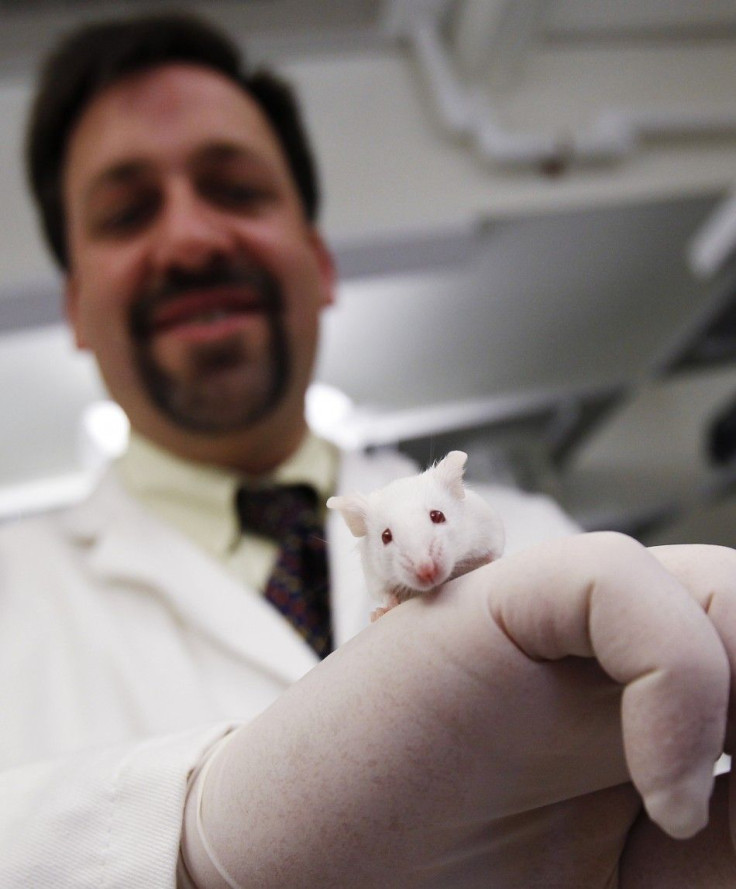Warnings of 'Monsters' As Scientists Mix Human, Animal DNA

British researchers called for guidelines in experiments that implant human genes or cells in animals, warning of ethical issues in the rapidly developing field of research.
It may sound like something from a horror movie, but inserting a small number of human genes or cells into animals is nothing new: scientists have already made strides in medical treatment by testing cancer drugs on mice engineered to have human DNA, by seeing how human stem cells behave in rats, and by studying a blood clotting problem through goats with a human protein in their milk . But a report issued by the UK's Academy of Medical Sciences recommended creating a government body to advise whether certain tests should be permissible.
There are a small number of future experiments, which could approach social and ethically sensitive areas which should have an extra layer of scrutiny, said Martin Bobrow, a professor of medical genetics at the University of Cambridge chair of the group who wrote the report. There are good reasons for doing these experiments because they lead you to a better understanding of really important questions, but we need to go slowly and it needs to be regulated in a way that's open, and transparent and looks very carefully at each step.
A 2008 experiment in which British researchers created a human-animal embryo sparked considerable controversy, with religious groups condemning the experiment. Bobrow and his colleagues wrote that most experiments should be allowed to proceed, but they elaborated a small number of experiments that could cross the line.
Where people begin to worry is when you get to the brain, to the germ [reproductive] cells, and to the sort of central features that help us recognize what is a person, like skin texture, facial shape and speech, Bobrow told reporters. The closer [an animal brain] is to a human brain, the harder it is to predict what might happen, he added.
The report references the issue's powerful resonance, addressing what the authors dub the 'Frankenstein fear' that the medical research which creates 'humanised' animals is going to generate 'monsters.' A poll included in the study found that a majority of respondents supported the idea of research using animals that contained human material, so long as it was to advance medicine. But people were wary of anything that would sacrifice the mental capacities that separate humans from animals.
I don't have a problem with it until it gets to the brain, said one respondent. Bits to do with memories, that would be too far - it's a human thing to have a memory.
© Copyright IBTimes 2024. All rights reserved.





















